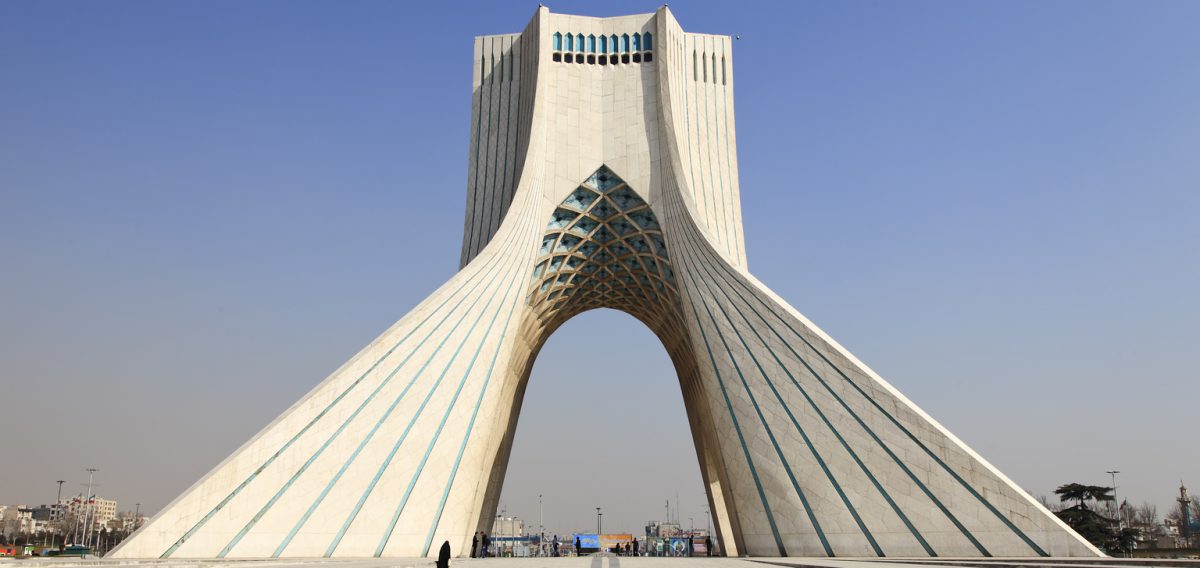One of the best things about national team soccer (or football) is getting to project all sorts of global political issues onto the games. Mostly, the comparisons are meaningless, but that doesn’t make them any less fun (I still really like this poster ESPN made for the U.S. opener against England in the 2010 World Cup, for example). Sometimes, however, a game can’t avoid being placed in a larger political context, whether it wants to be or not.
There was a chance of that this past Tuesday night when Iran played host to Syria in a World Cup qualifying match in Tehran. For Iran, the game held few consequences. As group leaders in Asian qualifying, they had already secured the top overall spot and a trip to the finals in Russia next year. By contrast, the Syrians still had everything to play for, including, shockingly, a spot in Russia. Despite being forced to play all of their “home” games in a mostly empty stadium in Malaysia — a 14,000 mile round-trip from Syria — due to the ongoing war in their actual home country, the Syrians found themselves in third place going into Tuesday night’s game, just two points behind second place South Korea. A Syrian win coupled with a South Korean loss would have sent Syria through to the finals.
I admit I know next to nothing about soccer, let alone the Iranian or Syrian national teams, but when I heard the circumstances surrounding this game, I was intrigued. For a moment, I cynically considered the possibility that maybe Iran would see fit to gift the Syrians the victory. It could have been a potentially brilliant move from a political standpoint: Not only would it have given the Syrian regime a cheap public relations victory at a time when those have been few and far between, it also could have provided a much-needed morale boost to a key military ally now in its sixth year of civil war. To paraphrase Clausewitz, sports are really just a continuation of war by other means. So, why not here?
Alas, it was not to be. After Syria took the lead on an early goal, the Iranians answered with two of their own. Syria managed to find a late equalizer to force a 2-2 draw, but it was not enough to overtake South Korea in the group standings. The result keeps Syria’s hopes for reaching the finals alive, but only barely. They’ll now have to play a home and “home” (in Malaysia) qualifier round against Australia, with the winner advancing to another playoff against a team from the North/Central American CONCACAF division for a spot in the finals.
Apparently, Iranian support for Syria has its limits.
Even with the lackluster result, the game did provide at least one moment of political interest. A cameraman photographing fans captured a picture of several Syrian supporters, including a woman who was apparently not only allowed into the stadium for the game (women are banned from entering sports stadiums in Iran) but was also not covering her hair as required by Iranian law. The picture caused a minor controversy on social media as Iranians decried the hypocrisy and double standards of their government.
